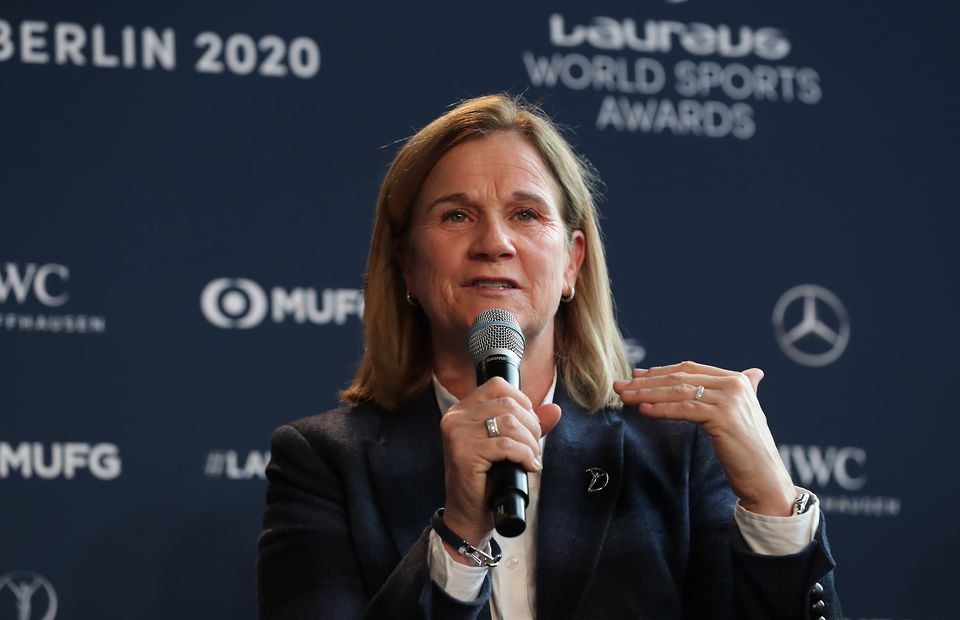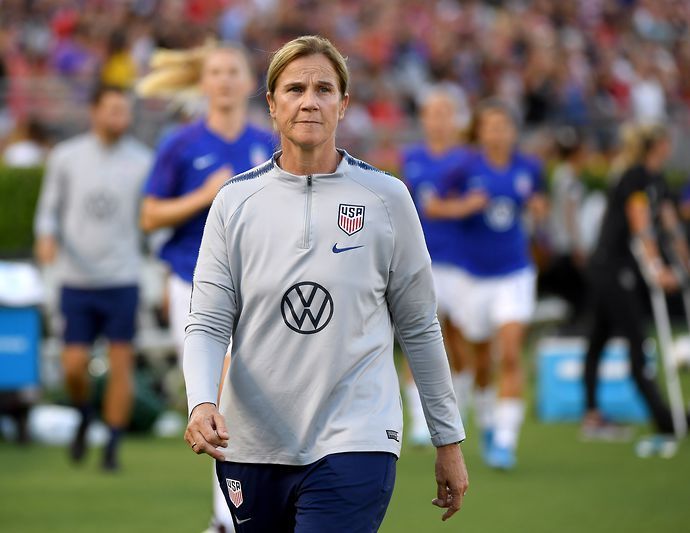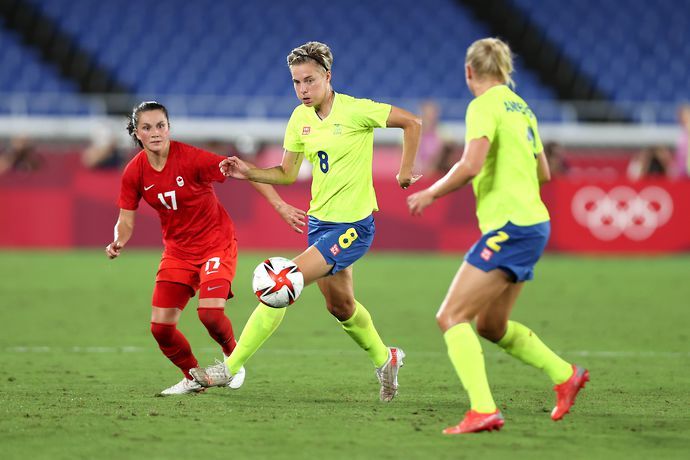Former US women’s national team coach Jill Ellis has defended a proposition to hold the FIFA Women’s World Cup every two years.
Ellis has been announced head of FIFA’s Technical Advisory Group to discuss the future of women’s football.
The group is made up of coaches, referees, administrators, sports scientists and executives from each of the six continental confederations, and also includes six current female internationals – Deyna Castellanos, Lindsey Horan, Alex Morgan, Asisat Oshoala, Wendie Renard and Ali Riley.
So far, the group has met twice to discuss FIFA international windows, prize money, increased visibility and participation in women’s football, and a FIFA Women’s Club World Cup.
Perhaps the most controversial of proposals has been a Women’s World Cup staged every two years, a suggestion which has already been met with criticism from figures such as Lionesses manager Sarina Wiegman.
According to Forbes, Ellis denied a biennial World Cup was a "foregone conclusion".
"We've had great conversation and people representing their ideas," she said. "I can't say this is a foregone conclusion. I've told people that I need you to passionately discuss through your perspective and experiences, but then I also ask them to appreciate other points of view.
"I've had current players say 'I never would have thought of that, I hadn't really thought about how the rest of the world was going through their qualifiers'."
Ellis, who won two World Cups with the USWNT, claimed the motivation behind organising a biennial tournament would be to elevate women’s football further.
"The lever that the Women's World Cup holds in terms of elevating our sport is massive and that's why the biennial Women's World Cup is in conversation," she explained.
"We recognise that domestically there's a benefit, viewership comes up after a major world event, leagues have been started, players have been discovered. There's so many positives that come from a World Cup... This is a democracy, this is going to go to a vote ultimately."
The International Olympic Committee has been a vocal critic of the plans for a biennial World Cup.
The organisation cited clashes in the schedule with other sports, the men’s World Cup overshadowing the women’s edition of the tournament, and a strain on athlete welfare as their reasons for rejecting the idea.
The Olympic tournament is one of the staple events in the women’s football calendar, but Ellis pointed out its limitations.
"Right now it's just a twelve-team tournament and I don't think there's potential to expand because it's part of a major, major global event," she said.
"So, we haven't had those conversations. I've heard those conversations. I'm focused more on what we control in FIFA and the recommendations within FIFA - the IOC obviously controls [the Olympics] - what can we do in FIFA to grow and elevate the game?"
A biennial World Cup has also been suggested for men’s football, with FIFA's chief of global football development Arsène Wenger leading conversations on the matter with men's national team coaches this week.
















